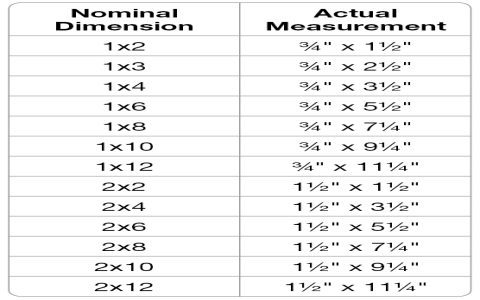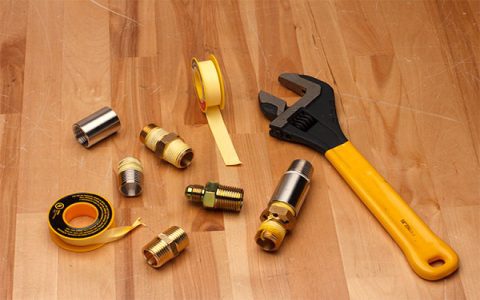Understanding common screw sizes is crucial for various projects, from DIY home repairs to professional manufacturing. Sizes are typically defined by their diameter, thread pitch, and length. While a vast array of sizes exists, a few stand out as particularly prevalent across general applications.
Common Imperial (US) Screw Sizes
In the Imperial system, smaller screw diameters are often designated by a number (gauge), while larger ones use fractions of an inch. Thread pitch is specified as threads per inch (TPI).
Common Gauge Sizes (Diameter):
- #4 (approx. 0.112 inches / 2.84mm) - Frequently used in electronics, small models, and delicate assemblies.
- #6 (approx. 0.138 inches / 3.51mm) - Common for woodworking, cabinetry, light fixtures, and electrical outlets/switches.
- #8 (approx. 0.164 inches / 4.17mm) - A versatile size for general construction, woodworking, drywall installation, and deck building.
- #10 (approx. 0.190 inches / 4.83mm) - Used for heavier duty woodworking, construction applications, and some machinery.
Common Fractional Inch Sizes (Diameter):
- 1/4" (0.250 inches / 6.35mm) - Widely used in machinery, automotive, furniture, and light structural applications. (e.g., 1/4"-20 is very common).
- 5/16" (0.3125 inches / 7.94mm) - Common in automotive, machinery, and some construction applications requiring more strength.
- 3/8" (0.375 inches / 9.53mm) - Used for more robust structural connections, heavy machinery, and automotive purposes.
Common Metric Screw Sizes
Metric screw sizes are designated by an "M" followed by the nominal major diameter in millimeters (mm). The thread pitch (distance between threads in mm) is also specified, though coarse thread is often implied if not stated.
Common Metric Diameters:
- M3 (3mm diameter) - Extensively used in electronics, computers, small appliances, and precision instruments. (e.g., M3x0.5 pitch).
- M4 (4mm diameter) - Common in consumer electronics, small machinery, furniture assembly, and some automotive components. (e.g., M4x0.7 pitch).
- M5 (5mm diameter) - A very popular size for bicycles, light machinery, automotive accessories, and general fabrication. (e.g., M5x0.8 pitch).
- M6 (6mm diameter) - Widely used in furniture, automotive applications, machinery guards, and light structural frames. (e.g., M6x1.0 pitch).
- M8 (8mm diameter) - Frequently found in automotive assemblies, machinery, construction, and heavier equipment. (e.g., M8x1.25 pitch).
- M10 (10mm diameter) - Used for more demanding applications in construction, automotive (e.g., engine components), and industrial machinery. (e.g., M10x1.5 pitch).
Important Note: The "most common" screw sizes can vary significantly based on specific industries (e.g., aerospace, medical devices), applications (woodworking, metal fabrication, electronics), and geographical regions. The sizes listed above represent those broadly encountered across many general-purpose tasks and consumer products.










